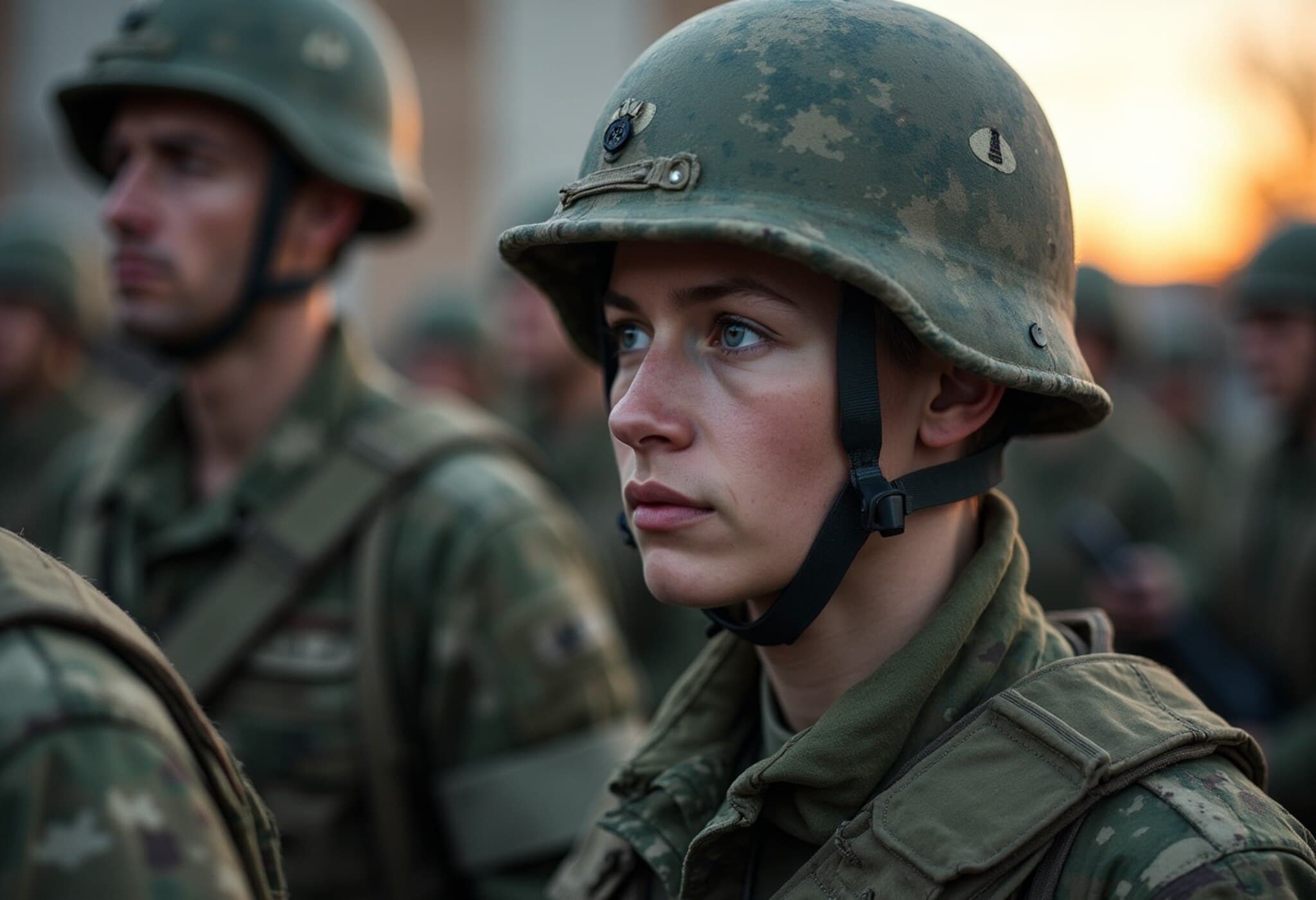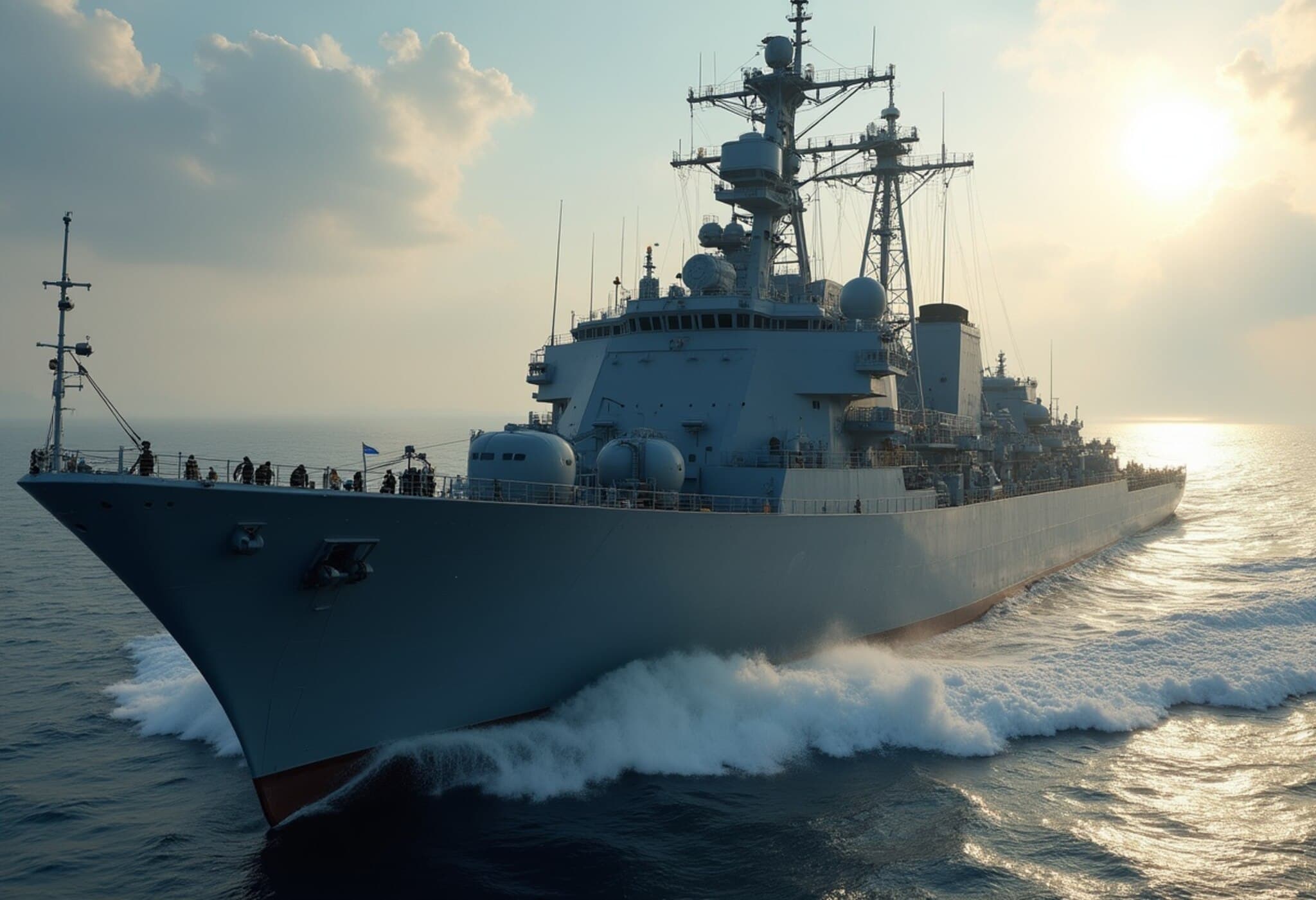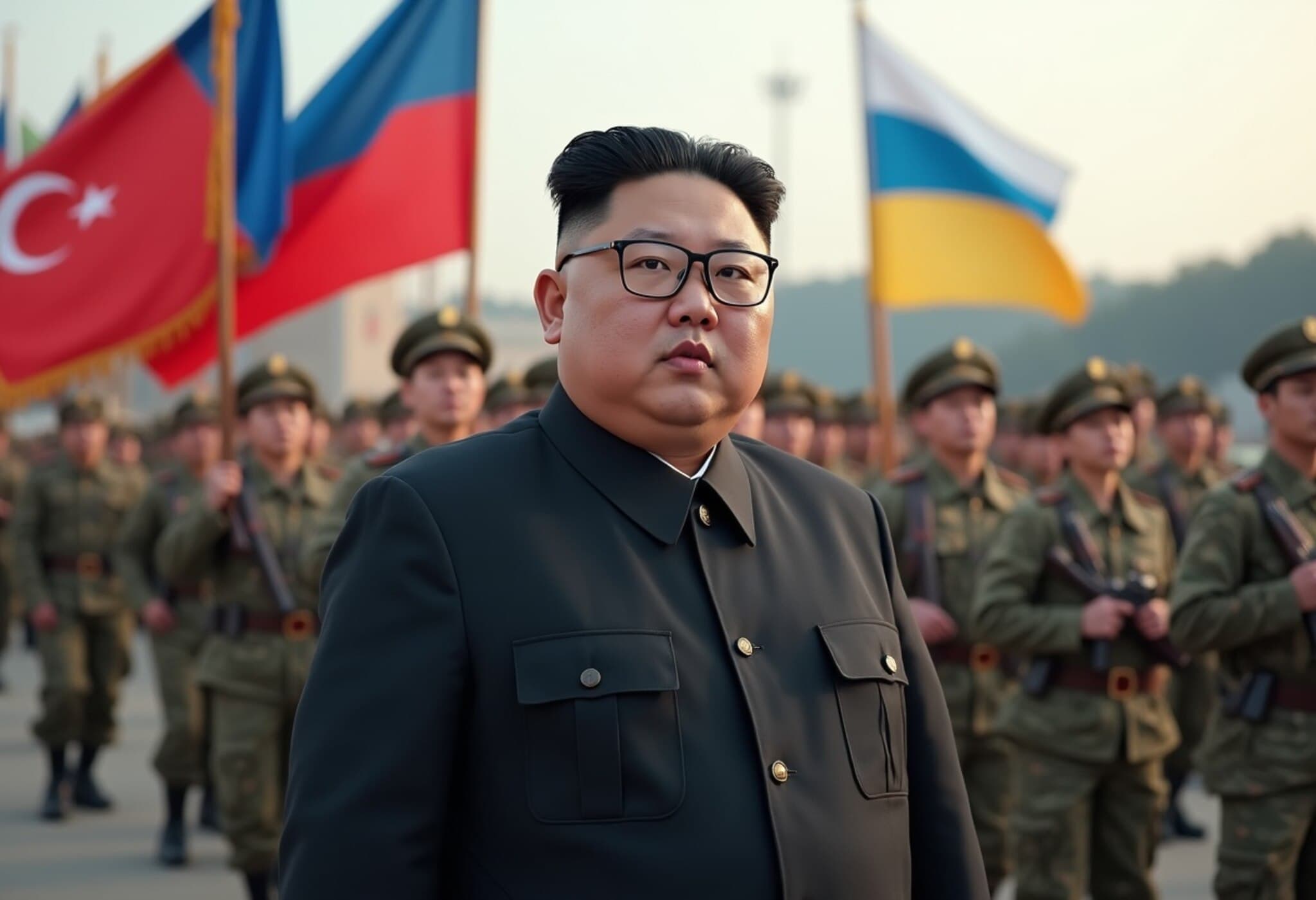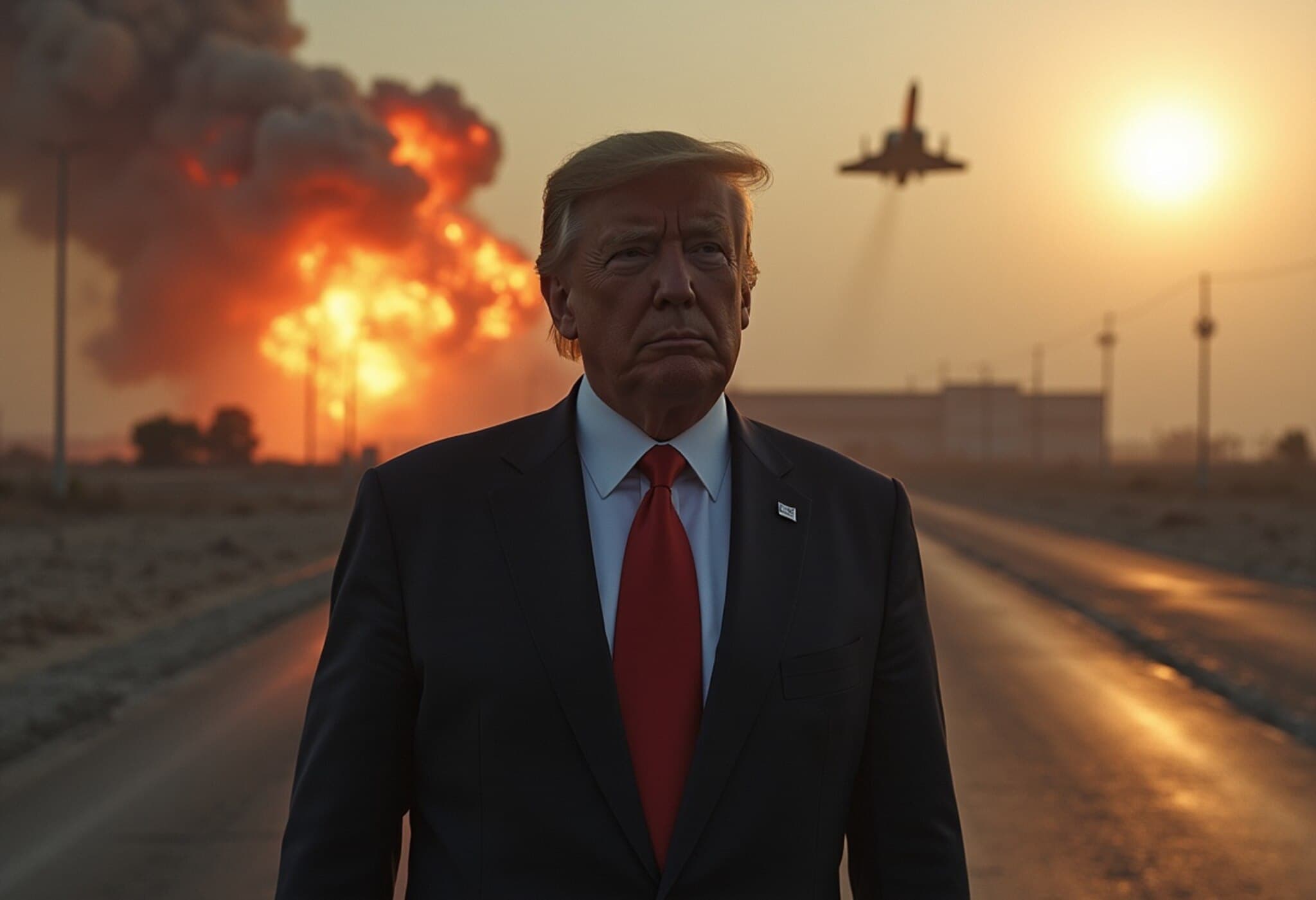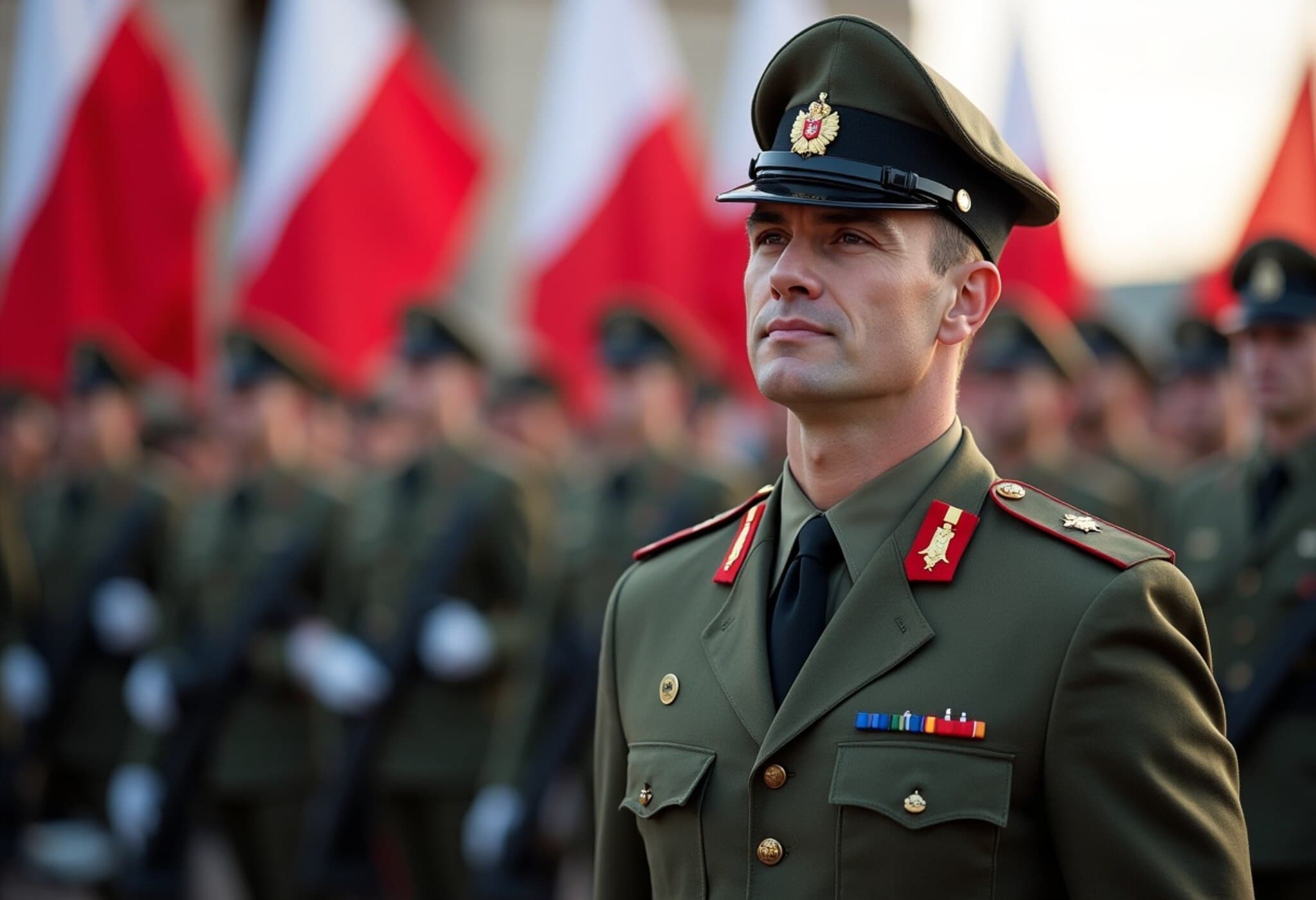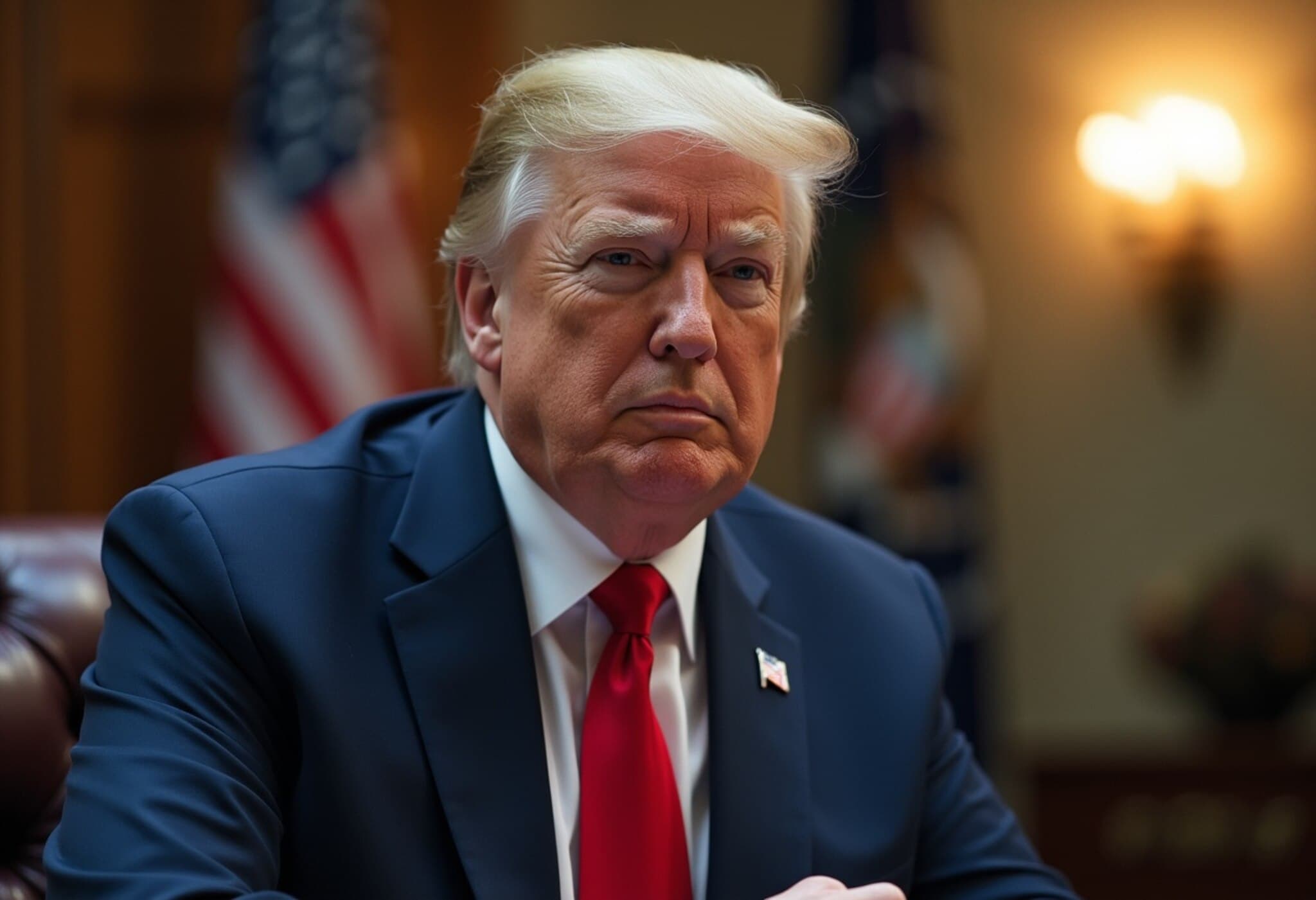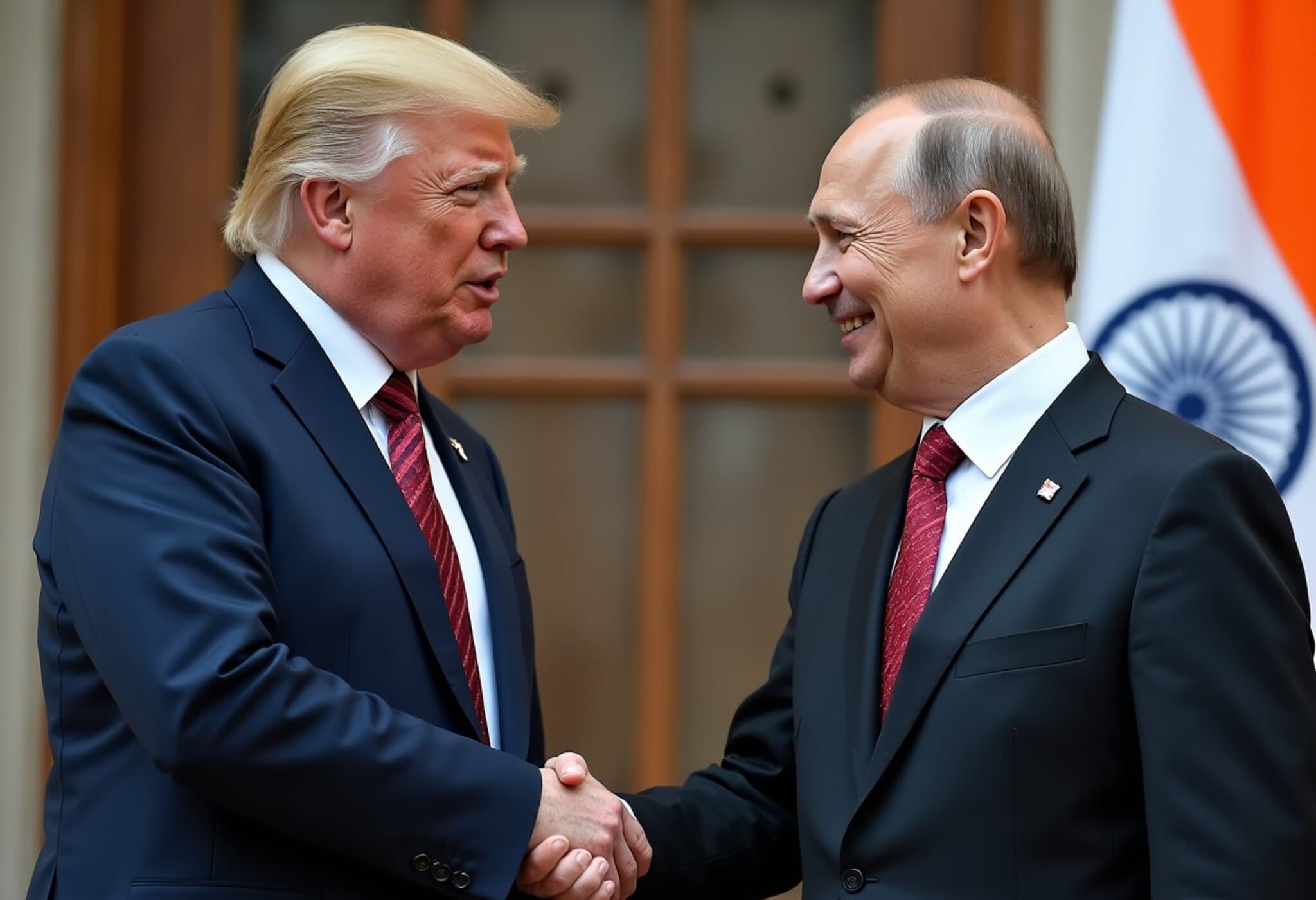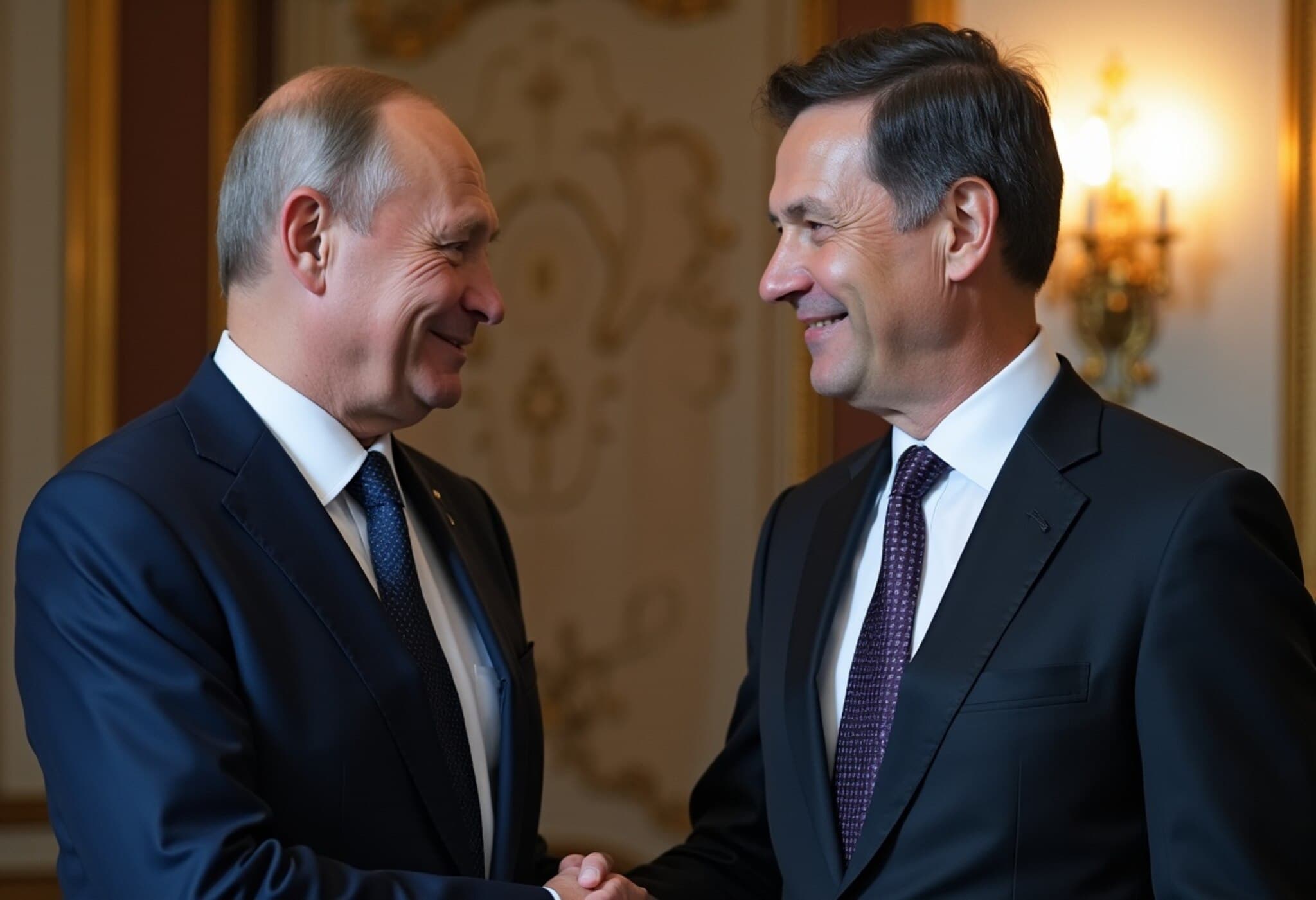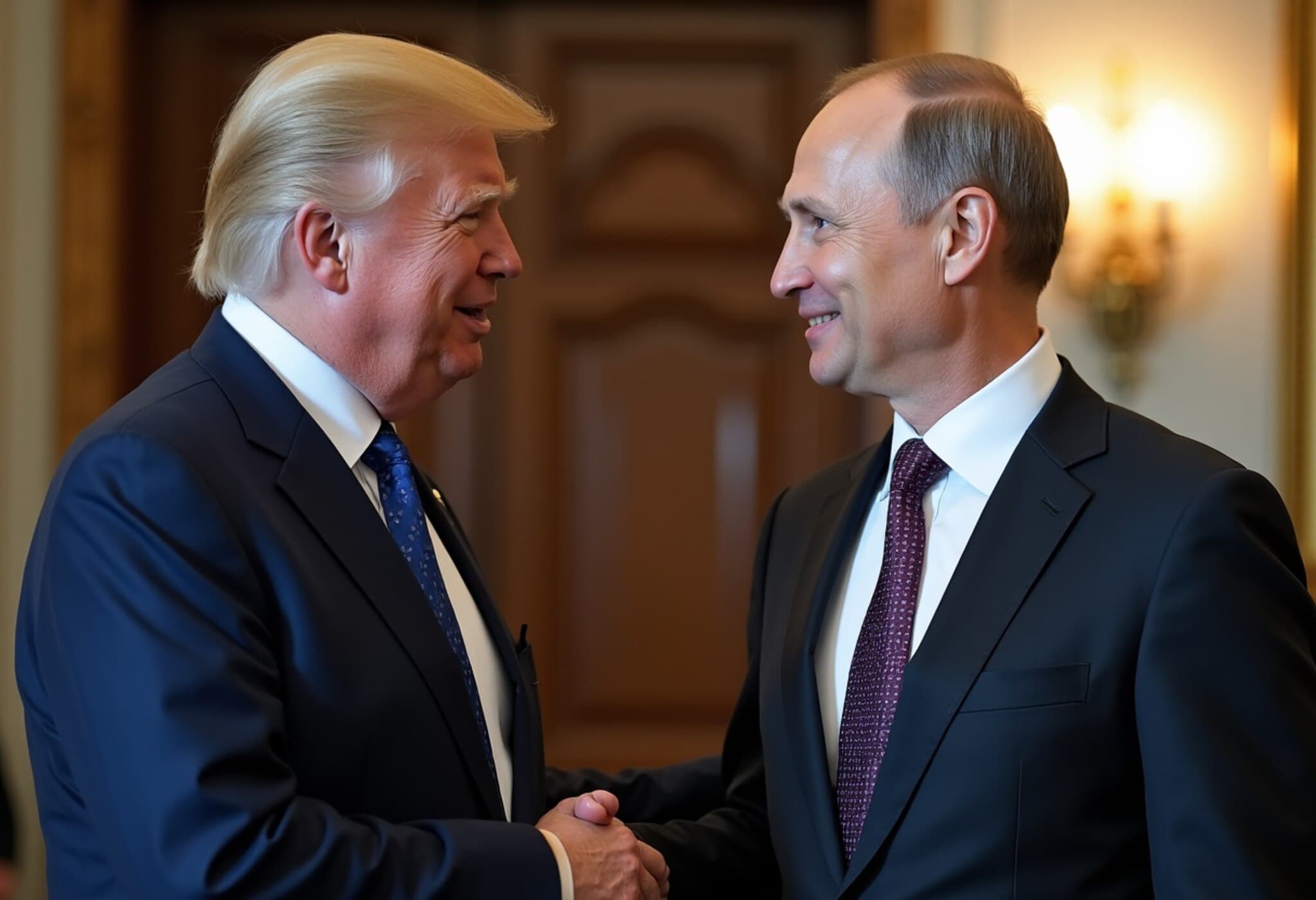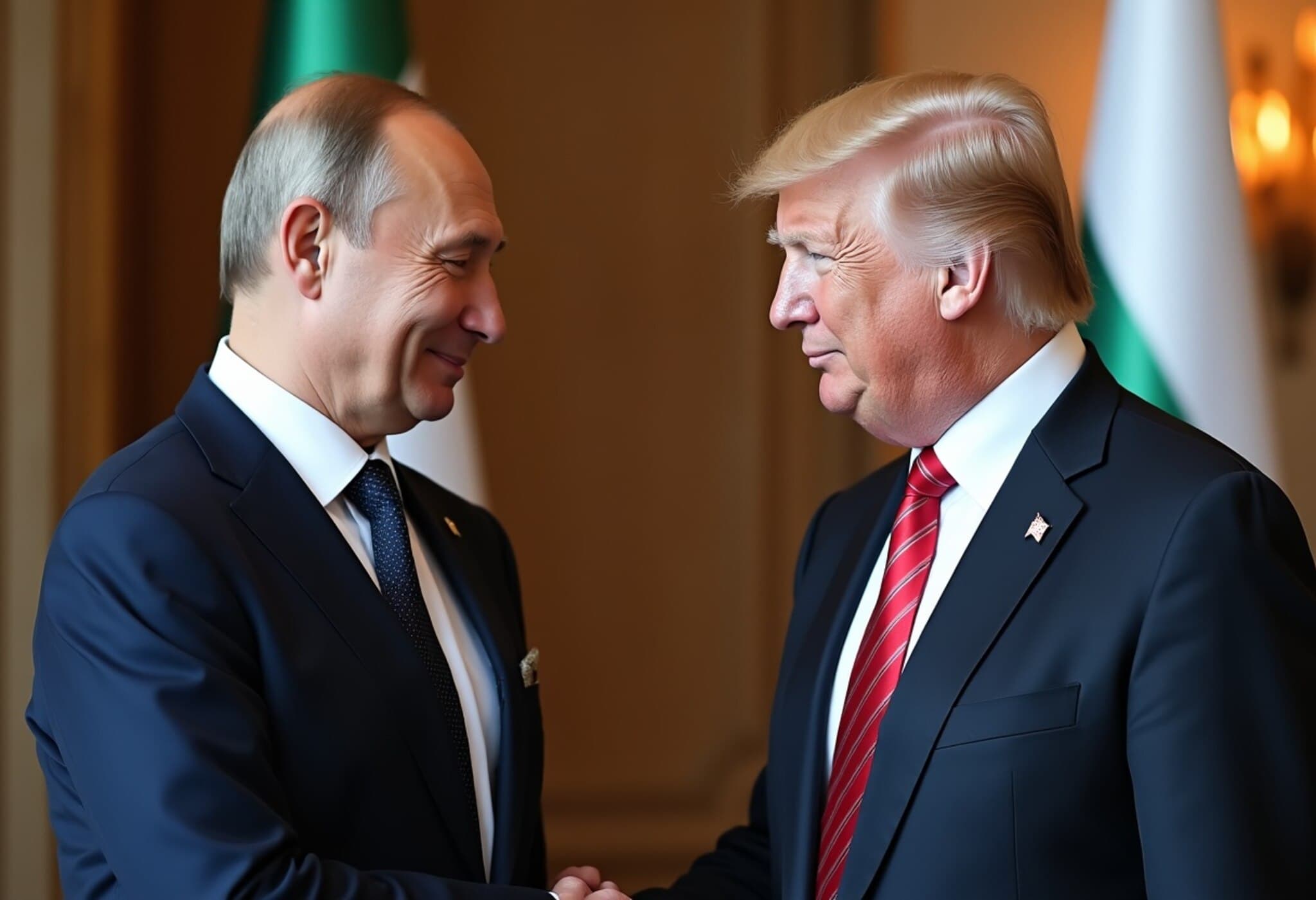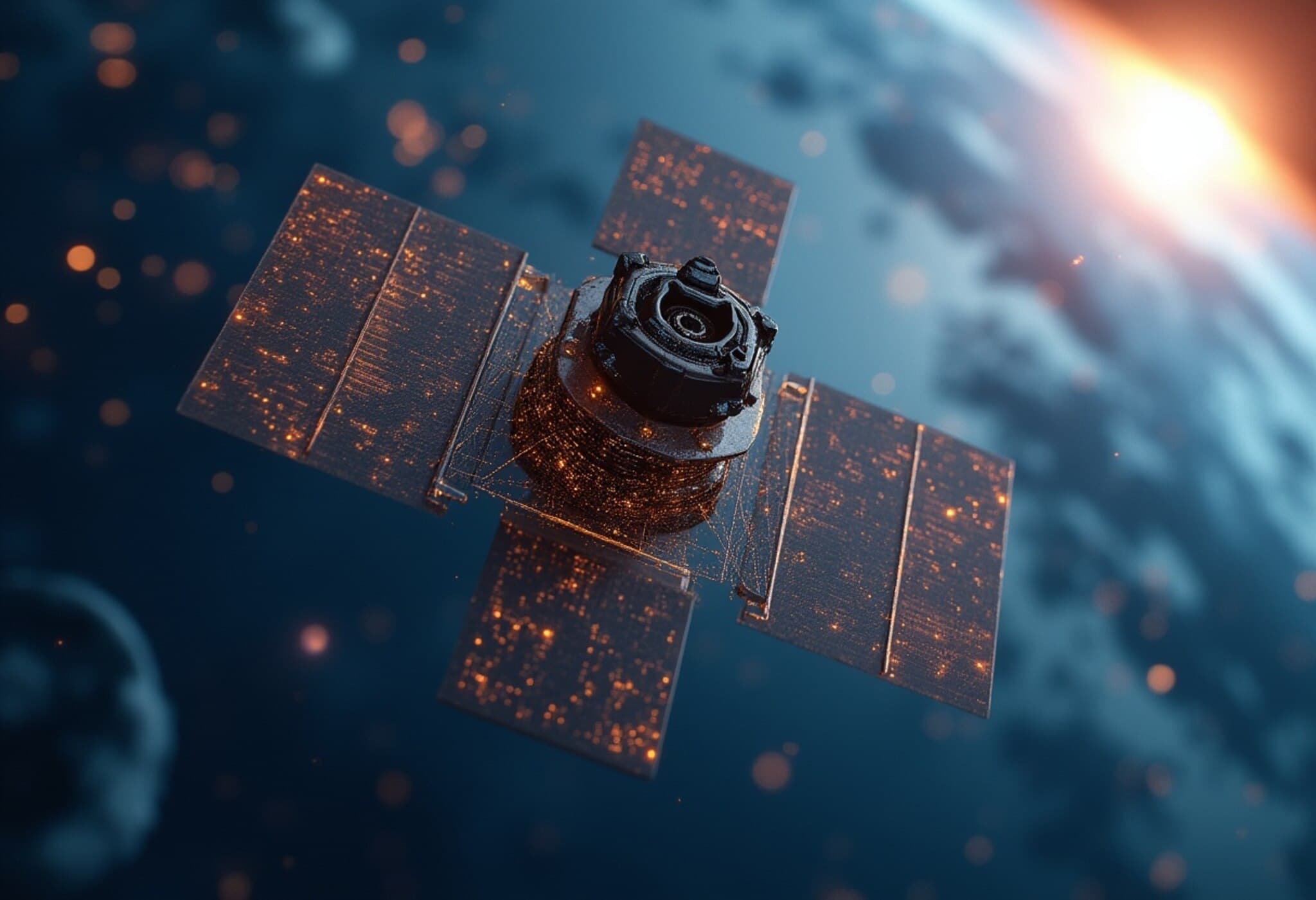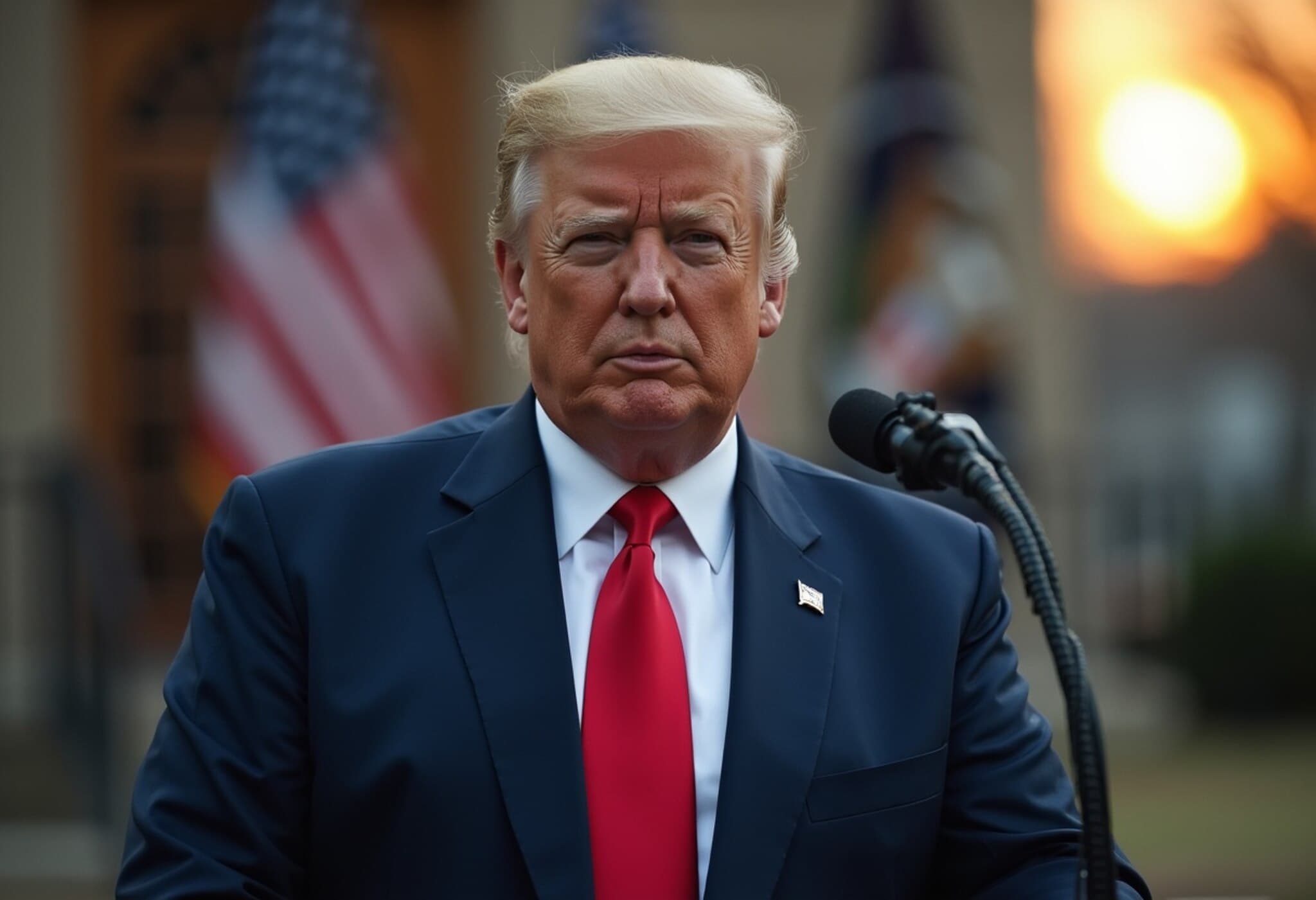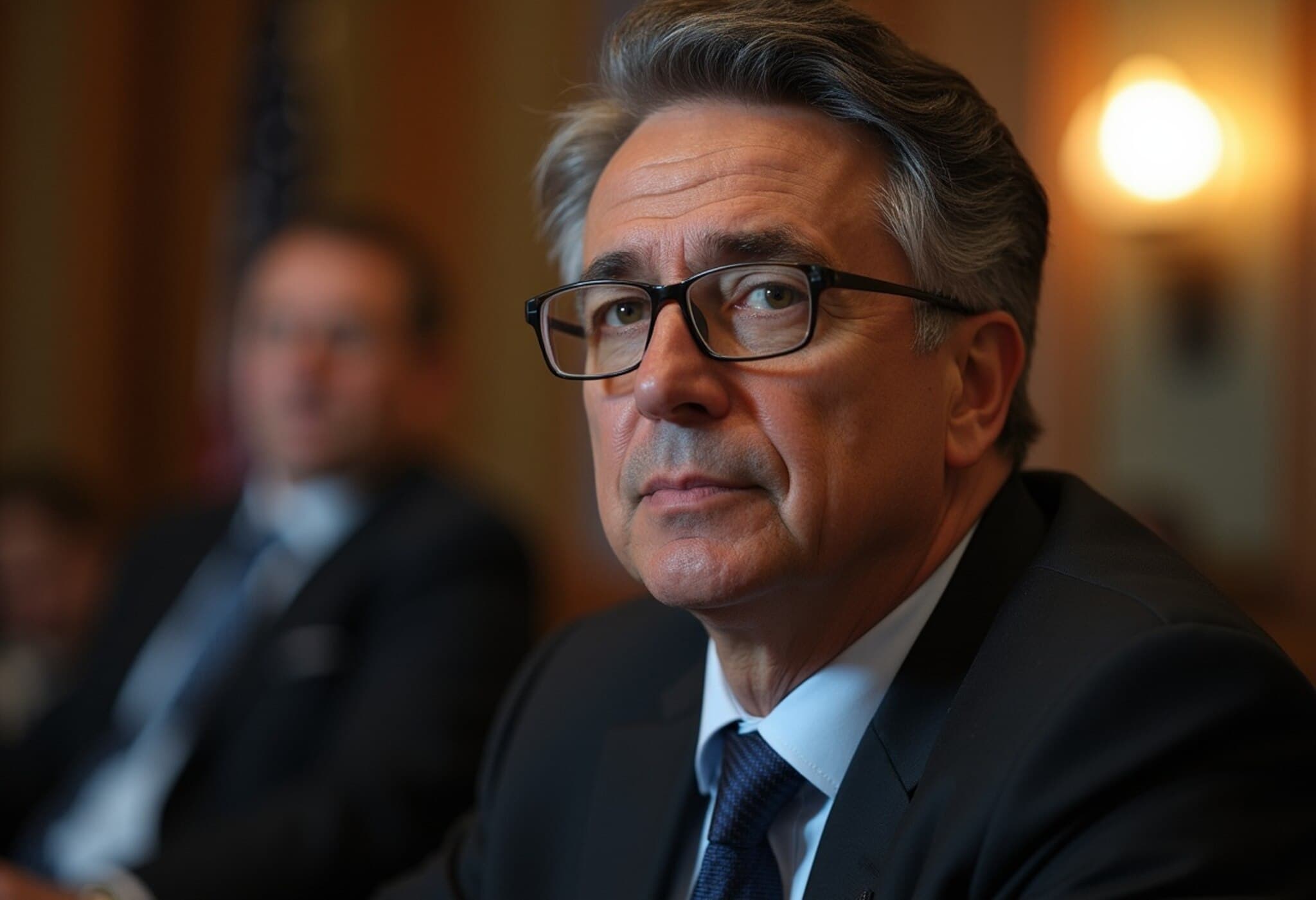Introduction: A Hero’s Return Marred by Betrayal
When Russian soldier Nikita Khursa came back from Ukraine, wounded yet hopeful with his war pay in hand, he imagined a fresh start—a stable home for himself and his wife, Oksana. Instead, his dream quickly crumbled during a drunken night when corrupt police officers seized nearly all of his savings. This painful experience is not an isolated case but part of a troubling pattern that haunts many Russian soldiers returning from the front.
Promises vs. Reality: The Cost of War for Russian Soldiers
Since President Vladimir Putin launched the full-scale invasion of Ukraine in February 2022, the Russian military has expanded at a breakneck pace, tripling its size. To attract recruits—often from poorer, economically marginalized regions near Ukraine—the Kremlin dangled lucrative financial incentives. Recruits can earn up to 5.2 million roubles (£47,000) in their first year plus a significant compensation for injuries.
Yet, for many veterans like Khursa, the cold reality awaiting them is far from the dignity and honors promised. Instead, these returning soldiers encounter rampant exploitation by those entrusted to protect them.
The Systemic Exploitation of Returning Soldiers
- Corrupt Police and Extortion: At airports and checkpoints, police reportedly tip off predatory taxi drivers who then overcharge veterans, sometimes demanding 15 times the fair fare after rides.
- Targeted Scams: Veterans have been drugged or intoxicated and robbed of their bank cards, with some criminal rings siphoning off millions of roubles undetected.
- Military Internal Theft: In multiple regions, including Vladimir and Belgorod, officials linked soldiers’ salaries to themselves, embezzling millions from soldiers unaware of the theft.
- Command Betrayal: A sergeant major confiscated soldiers’ bank cards and PINs under the guise of unit management, fleeing with up to 2 million roubles per card.
The Legal and Social Fallout
Khursa’s personal experience exemplifies the broader systemic breakdown. After reporting police officers who robbed him, the perpetrators faced charges but escaped prosecution by enlisting in the military—a legal loophole shielding them from civil accountability.
Russian law currently obligates contract soldiers to serve until the war’s end unless medically discharged, a rule leaving injured veterans like Khursa with little choice but to return to service despite life-threatening wounds.
Socially isolated and financially broke, many returning soldiers find themselves trapped in a cycle of exploitation and despair, often separated from family and without viable civilian prospects.
Expert Insights: Understanding the Broader Implications
This pattern of abuse reflects a deeper crisis in Russia’s war management and military governance. Experts warn that exploitation of veterans can erode morale, reduce enlistment appeal, and ultimately jeopardize military effectiveness. More broadly, it stresses the risk of weakening public trust in state institutions meant to safeguard national interests.
From an American policy perspective, these developments illustrate the complex human costs of prolonged conflicts and underscore the importance of veteran protections in any military engagement. They also raise critical questions about how authoritarian regimes manipulate both military recruitment incentives and legal frameworks to perpetuate conflict while suppressing dissent and accountability.
Looking Ahead: What’s Next for Russia’s Veterans?
Without substantial reforms—both legal and institutional—returning soldiers risk becoming collateral damage of the war they fought. Advocates call for:
- Enhanced transparency and accountability mechanisms within military and law enforcement agencies.
- Legal reforms to close loopholes that allow perpetrators to escape prosecution.
- Robust social programs providing financial, medical, and psychological support to veterans.
- Independent monitoring by civil society and international bodies to ensure veterans’ rights and dignity.
Until such changes materialize, many veterans like Khursa remain caught between a warzone and a system that fails to protect them.
Editor’s Note
This report sheds light on an often-overlooked aspect of the Ukraine conflict—the human toll extended beyond the battlefield into systemic corruption and abuse. It raises vital ethical and policy questions: How should governments honor and support those who serve? What safeguards are necessary to prevent the exploitation of service members? And how can the international community respond to protect vulnerable veterans caught in geopolitical struggles?
As readers, reflecting on these questions encourages a deeper understanding of war’s complexities and the imperative to advocate for veterans’ rights worldwide.
© 2025 The Indian Express. All rights reserved.

